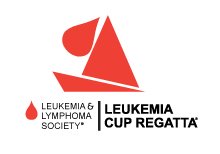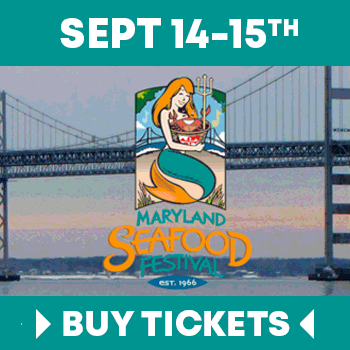The genre of horror has long riffed off of our social and cultural anxieties, including those related to gender and sexuality. A full quarter century before Bram Stoker wrote Dracula the Irish author Sheridan Le Fanu gave rise to Carmilla, a female vampire who appeared to seek women for reasons that extended beyond the blood in their veins. When the German expressionist film director F.W. Murnau brought a version ofDracula to the big screen in the silent movie Nosferatu, the gay undertones of the lead character and his actions were unmistakable. In the ensuing years we’d see queer horror film characters banned, vilified, exalted, and urging us to dance the time warp. We’d never see them go away.
Profs and Pints is bringing to the Graduate Annapolis a film scholar to Annapolis to discuss. (Date: July 9, 2024, 5:30PM)
You can gain a much richer perspective on the queer characters lurking in (and out) of the closet in horror movies when the film scholar May Santiago comes to the Trophy Room of the Graduate Annapolis on July 9th. In a talk that has received rave reviews from audiences in Washington D.C. and Baltimore, she’ll make you a much more sophisticated and appreciative viewer of horror films and much more attuned to the messages about gender and sexuality that many convey. You’ll probably leave thinking about the movies you can’t wait to see.

Here are details of the upcoming talk:
“Horror as Queer,” is a look at the influence and depiction of queerness in horror films, with May Santiago, adjunct professor of film studies at George Mason University and producer of the podcast Horrorspiria.
Horror was queer long before both Brad and Janet succumbed to the charms of Dr. Frank-N-Further in The Rocky Horror Picture Show. In fact, one could make the argument that, for both better and worse, the history of horror films is the history of queers on film. Film scholar May Santiago will do just that, with plenty of vivid examples, in a talk that has earned rave reviews.
You’ll learn how queer authors, such as F.W. Murnau and James Whale, were there at the very beginning. Murnau played a central role in the German expressionist movement that gave rise to films such as Nosferatu, while Whale left a body of work full of queer codes, including the films Frankenstein, The Old Dark House, and The Invisible Man.

From there, Santiago will discuss how the representational codes established by such queer filmmakers were appropriated throughout the celluloid century by non-queer authors who constructed cinematic horror language that used queerness as shorthand for the monstrous. The result was harmful stereotypes of queer people in films and society, with examples being the stoic psycho lesbian trope embodied by Mrs. Danvers inRebecca, the transgender sex-obsessed serial murderer Norman Bates in Alfred Hitchcock’s Psycho, and the villains of Dressed to Kill and Silence of the Lambs.
Yet, even with these negative portrayals of explicit or implicit queerness, horror cinema’s relationship with queerness and queer audiences has grown stronger with each passing decade, with queer authors and queer audiences reclaiming the monstrosity that created the basis of the horror genre. Santiago will look at how the evolution of horror films coincided with that of queer stereotypes and how queer authors embedded queerness in films that aren’t explicitly queer. Among the questions she’ll tackle: How did we come around to thinking that the Babadook was gay? (Advance tickets: $13.50 plus sales tax and processing fees. Doors: $17, or $15 with a student ID. Doors open at 4 pm and talk starts at 5:30 pm.)











































